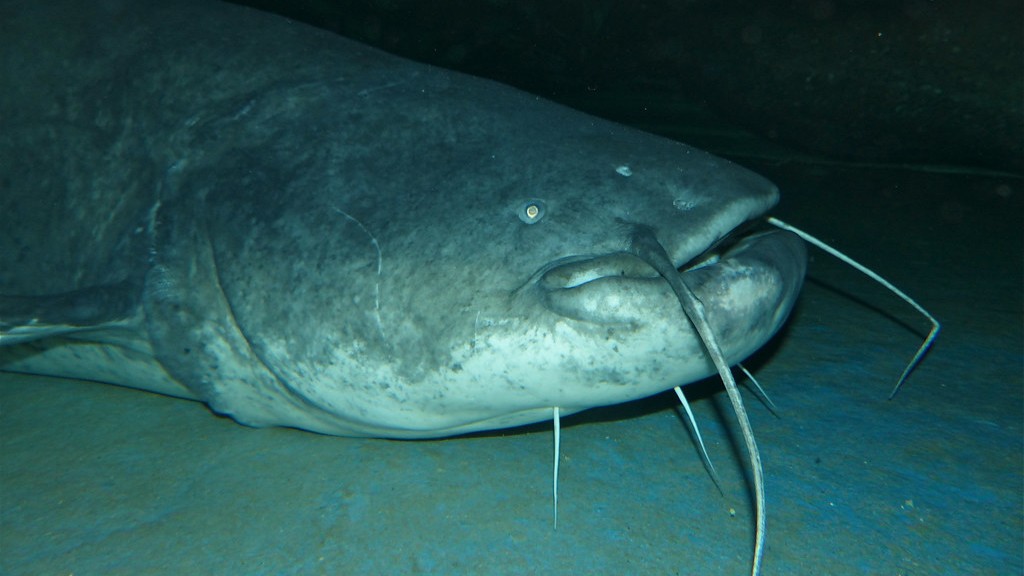Introduction
When it comes to seafood, catfish often stands out as a popular choice among consumers. However, the question of whether catfish is healthy to eat has generated considerable debate among food enthusiasts and health experts alike. This article aims to provide a comprehensive analysis of the nutritional value and potential health benefits or concerns associated with consuming catfish.
Nutritional Profile of Catfish
Catfish, scientifically known as Ictalurus punctatus, is a freshwater fish species that offers a wide array of essential nutrients. This highly sought-after fish is particularly rich in protein, omega-3 fatty acids, vitamins, and minerals necessary for the proper functioning of the human body. Let’s explore these constituents in more detail:
1. Protein
Catfish is a valuable source of high-quality protein. Consuming protein-rich foods like catfish can aid in building and repairing bodily tissues, as well as supporting the overall growth and development of individuals. It also plays a crucial role in enhancing the immune system and promoting satiety, thereby assisting in weight management.
2. Omega-3 Fatty Acids
Omega-3 fatty acids, such as eicosapentaenoic acid (EPA) and docosahexaenoic acid (DHA), are essential polyunsaturated fats that exert numerous health benefits. These fatty acids are known for their anti-inflammatory properties, which can help reduce the risk of chronic diseases like cardiovascular ailments and certain types of cancer. Catfish is a moderate source of omega-3 fatty acids, making it a favorable choice for individuals seeking to incorporate these beneficial fats into their diet.
3. Vitamin and Mineral Content
Furthermore, catfish contains various vitamins and minerals that contribute to overall health and well-being. It is notably rich in vitamin B12, which plays a fundamental role in the formation of red blood cells and the maintenance of nerve function. Additionally, catfish provides essential minerals like selenium, phosphorus, and potassium, which are crucial for optimal bodily functions.
Potential Health Benefits of Consuming Catfish
The consumption of catfish can be associated with several potential health benefits:
- Cardiovascular Health: The omega-3 fatty acids present in catfish may help reduce the risk of cardiovascular diseases by improving lipid profiles, reducing inflammation, and enhancing blood vessel function.
- Brain Function: The omega-3 fatty acids found in catfish are associated with cognitive benefits, such as improved memory and overall brain health.
- Weight Management: The high protein content in catfish can promote feelings of fullness, aiding in weight management and reducing the risk of overeating.
- Muscle Growth and Repair: The protein content in catfish supports muscle growth and repair, making it a valuable dietary option for athletes and fitness enthusiasts.
- Enhanced Immunity: The combination of protein and key nutrients in catfish contributes to a strengthened immune system, helping the body defend against infections and diseases.
Possible Health Concerns
While catfish offers notable health benefits, there are also potential concerns worth considering:
- High Mercury Content: Catfish species dwelling in contaminated waters may contain high levels of mercury, a toxic heavy metal that can be harmful, particularly to pregnant women and young children. It is advisable to source catfish from reputable suppliers and prioritize consuming fish with lower mercury levels.
- Potential Allergenic Reactions: Some individuals may experience allergic reactions to catfish due to specific proteins present in the fish. It is recommended to exercise caution if you have a known seafood allergy or consult a healthcare professional.
- Foodborne Illnesses: Like any seafood, improper handling, storage, or cooking of catfish can lead to bacterial contamination, resulting in foodborne illnesses. Adequate hygiene practices and thorough cooking are essential to minimize such risks.
Conclusion
In summary, catfish is a nutrient-rich fish that offers various health benefits. Its protein content, omega-3 fatty acids, vitamins, and minerals contribute to heart health, brain function, weight management, muscle growth, and enhanced immunity. However, caution should be exercised regarding potential health concerns associated with mercury content, allergenic reactions, and foodborne illnesses. To enjoy the health benefits of catfish, consumers are advised to source it from reputable suppliers, ensure thorough cooking, and be mindful of individual allergies or sensitivities. By making informed choices and following good culinary practices, catfish can be part of a balanced and nutritious diet.


